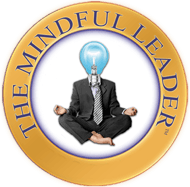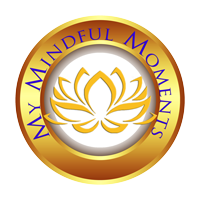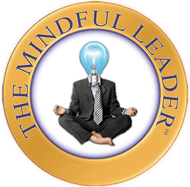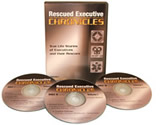One important aspect of setting personal boundaries is knowing what you don’t want, but also knowing what you DO want. It isn’t enough to only know what you don’t want... that’s the easy part. The challenge is to see the other side of that coin and determine what it is that you DO want, with enough specifics to provide guidance but not so many as to be rigid and inflexible about the ways in which your life plays out. Being too rigid in your expectations opens the door to obsessive perfectionism, which can then keep you stuck within the confines of those limitations and leave you wondering why things aren’t working out the way you imagined they would. In this article, I’d like to talk a little bit about how to determine what you stand for and set your boundaries with others while being mindful of yourself.
If you find yourself putting in effort to nurture a relationship with someone who does not return the same nurturing to you, what do you do? Would you talk to them about it and try to resolve the issue? Would you keep your pain hidden to protect the other person from getting hurt? Or would you skip the formalities and simply detach and walk away? The same solutions don’t always apply and it depends a lot on your situation, but the key is to know intuitively and through discernment what’s going to be the best solution for your particular situation. And because we find ourselves in a wide variety of situations and have to learn to say no more often than not, it helps to have trust in ourselves and our ability to figure things out while also knowing what to do in which situation to best protect ourselves and maintain personal boundaries, which coincide with self-respect on a very deep level.
No matter what situation you find yourself in, setting and maintaining personal boundaries usually comes down to one decision:
1. Accept the behavior and make peace with it (pick your battles).
2. Detach emotionally and see what happens before making a final decision.
3. End the relationship and walk away.
(From Sharon Martin, LCSW)
In order to get to a point where you know what to do in most – if not all – situations you find yourself in, you have to determine which behaviors are acceptable to you and which ones are not. You don’t have to imagine every possible scenario and write a prediction list... this will only serve to confuse you further and utilizes too much of the logical mind and ego as opposed to your heart and soul, your true self.
The best way to go about this is by getting to a point where you trust yourself to make those decisions in the moment rather than trying to plan for unforeseen circumstances with your mind, which is nearly impossible. Aside from that, everyone’s boundaries are different, so running scenarios may not be helpful for everyone. Instead, here are a few questions and points you may want to consider as you determine how to set your boundaries and what they are.
3 Ways to Begin Standing for Yourself
1. Think back and introspect about certain times or events within your life where you felt like your boundaries were violated by someone but you didn’t speak up for yourself. The further back you can go with this introspection, the more likely you are to find the root cause of it and be able to release that pain by making the decision to love yourself anyway. Forgive yourself and anyone else involved, and let go of any guilt, shame, or regret you may be holding about the situation. Don’t beat up on yourself for not speaking up; it won’t serve any purpose. Just feel the way you feel about it, then make the conscious decision to stop carrying all that emotional weight around with you.
2. Practice saying no and letting people down tactfully. If there’s a line that you don’t want other people to cross, you must speak up and make sure that you aren’t allowing others to violate your boundaries by default. This is all too common a problem, especially for those of us who have experienced emotional abuse or manipulation in the past, which often causes us to have poor boundaries ourselves and go to one extreme or another, either becoming over-sharers because that allows us to shift the blame to others when we feel our boundaries have been violated, or completely cut off from others because not dealing with people is much easier than having to develop boundaries. Setting boundaries can be especially difficult if you’ve been a people pleaser at any point in your life, so practicing what you will say is a great way to take the edge off of having to say it in a real interaction with someone.
3. Take some time to define what is absolutely unacceptable to you, then flip it around and use those ideas to determine what you actually want. While knowing what we don’t want is a good start, it isn’t enough if you want to attract people into your life who do respect your boundaries and treat you with respect. These are all things that you must decide and determine for yourself, as each of us is different. Only you can decide how you want to be treated and how you don’t want to be treated, so this is worth taking some time to write about and really do some soul searching over.
These decisions are not easy. As a matter of fact, they are typically more difficult than you might think. Being aware and mindful of yourself and those around you will allow you to make clearer and clearer decisions about what you will put up with and what you won’t. Don’t be afraid of a rocky start when you begin drawing lines; codependent and toxic relationships will reveal themselves, and that’s where you will need to be able to make the decision to walk away and live in peace or stay and live with constant button-pushing and boundary violations. No matter what your situation or circumstance might be, know that you are worthy of so much more, and that you are deserving of unconditional love, joy, and abundance in this life and throughout eternity. You are loved. You are worthy. And yes... you can do this.
To learn more about the Mindfulness Movement and the International Mindfulness Federation, please visit:










